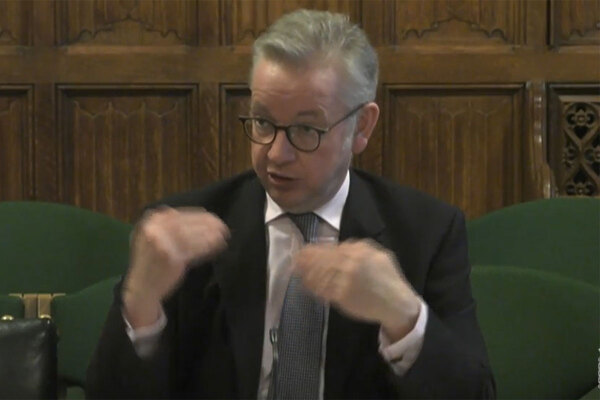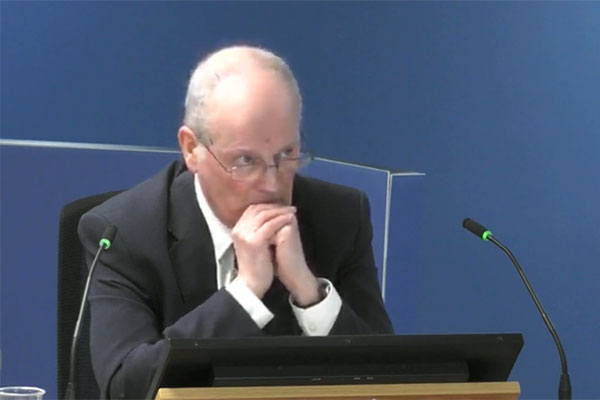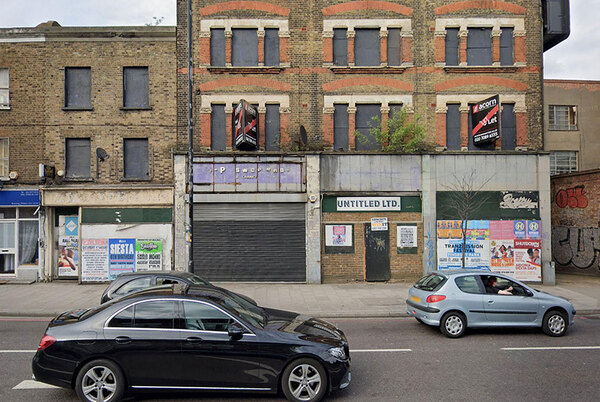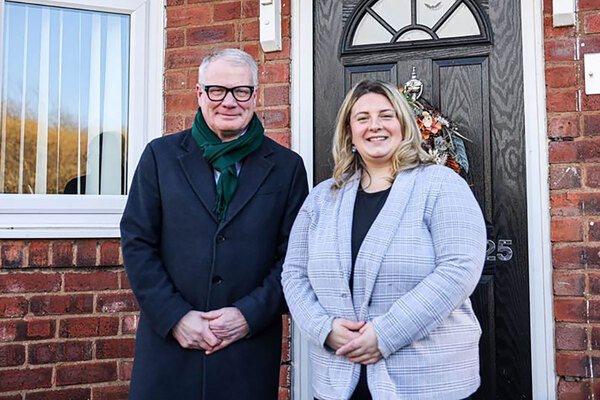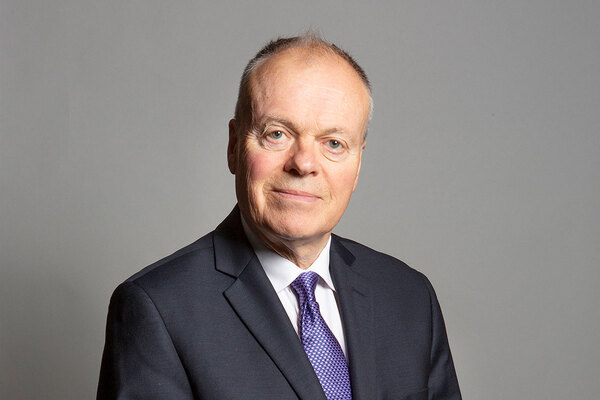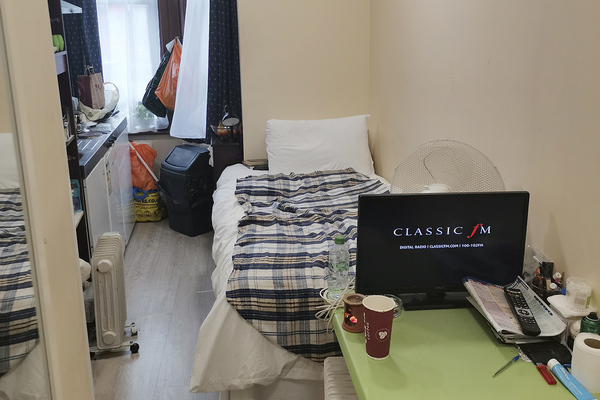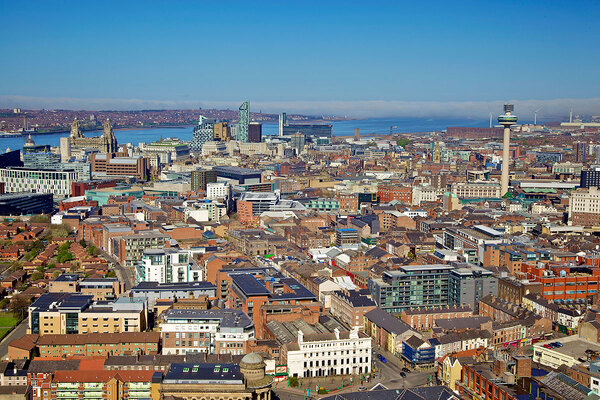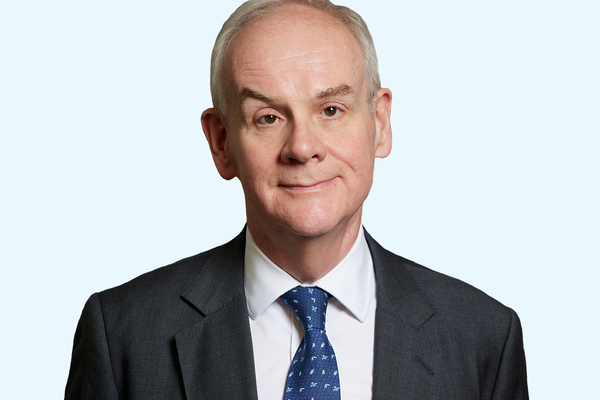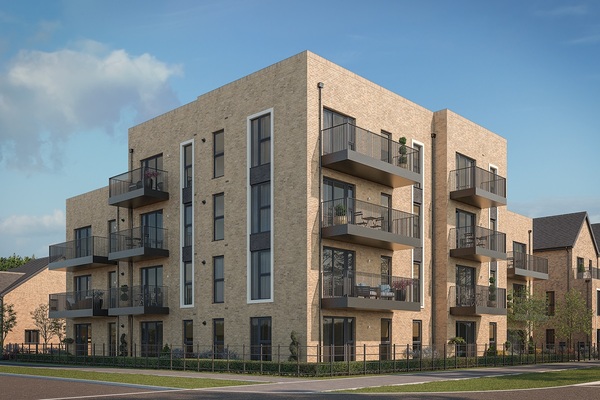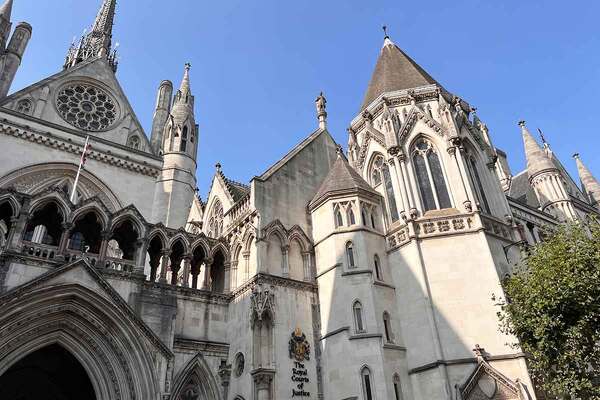You are viewing 1 of your 1 free articles
Social renters should not be ‘bearing impact’ of building safety crisis, say MPs
Housing associations and councils must be given access to building safety remediation funding to ensure social renters do not “bear the impact” of the building safety crisis through decreased investment, a cross-party group of MPs has said.
In a newly published report, the Levelling-Up, Housing and Communities (LUHC) Committee has set out a number of recommendations in response to housing secretary Michael Gove’s building safety plans.
A key part of the committee’s recommendations is that social housing tenants should not be adversely impacted by any attempt to fund the remediation of buildings.
Clive Betts, the committee’s chair, said the government’s current plans are “pitting the building safety crisis against the housing crisis”.
This is because social renters are currently “paying the price through the diversion of funds from maintaining their homes and other vital services provided by housing associations and councils”.
Social landlords have been faced with huge costs to remediate the buildings they own.
The G15 group of London’s largest housing associations has estimated it will cost them £3.6bn to fix fire safety issues, which will have to come from other parts of the business.
In addition to existing social renters, the LUHC Committee warned that these costs will impact homeless families on social housing waiting lists as social landlords intend to reduce the amount of homes they develop in order to pay fire safety bills.
To mitigate this issue, it is calling on the government to ensure social landlords have full access to building remediation grant funding.
Social landlords must also be exempt from any taxes or levies used to fund building safety work and must not be forced to pay for the remediation of buildings they played a role in developing where they were the customer of a developer.
Kate Henderson, chief executive of the National Housing Federation, said the organisation agreed "the impacts of the building safety crisis must not fall on social renters".
She said: "If not-for-profit housing associations are wrongly left to pick up the bill, this will mean diverting funds away from services for tenants and building new homes."
The committee also expressed concerns that the government could reduce the amount of housing grant it provides via its Affordable Homes Programme over the coming years in order meet building safety costs.
As part of his proposals to fix the building safety crisis, Michael Gove has said that the government will use Department for Levelling-Up, Housing and Communities budgets as a backstop for any shortfall in funding there is to remove dangerous cladding from buildings over 11 metres.
The committee urged the government to commit to protecting the Affordable Homes Programme at its current level if it is unable to recover sufficient funds to cover remediation from the building industry.
The report is being published following an investigation by the LUHC Committee into Mr Gove’s plan to fix the building safety crisis, which was first announced in January.
Under the plan, the government is using various levers to force developers to contribute to a £4bn fund to fix dangerous cladding on buildings between 11 metres and 18 metres.
Leaseholders will not be asked to pay for cladding work, but will face costs capped at £10,000 (£15,000 in London) to pay for other building safety work if all other routes fail.
In its report, the LUHC Committee said the government should scrap the cap for leaseholder bills and should instead commit to funding all building safety work through a “Comprehensive Building Safety Fund”, which would pay for all work on a building of any height where all other cost recovery routes fail.
Leaseholders must also be compensated for any money they have spent as a result of the crisis to date and all parties who played a role in the building safety crisis must be forced to contribute funds, the report stated.
The committee also disagreed with the government’s plan to exclude buy-to-let landlords with more than one other property from remediation funding.
It said there are other ways to exclude “wealthy property tycoons”, for example by basing eligibility on the value of the company that owns the properties.
Mr Betts said: “ Nearly five years after the tragic Grenfell fire, it is shameful this situation is yet to be properly resolved. While we welcome Michael Gove’s commitment to fixing these issues, we are concerned there are gaps in the secretary of state’s proposals which risk leaving leaseholders to pick up the bill.”
The government has been approached for comment.
Sign up for our fire safety newsletter
Already have an account? Click here to manage your newsletters

